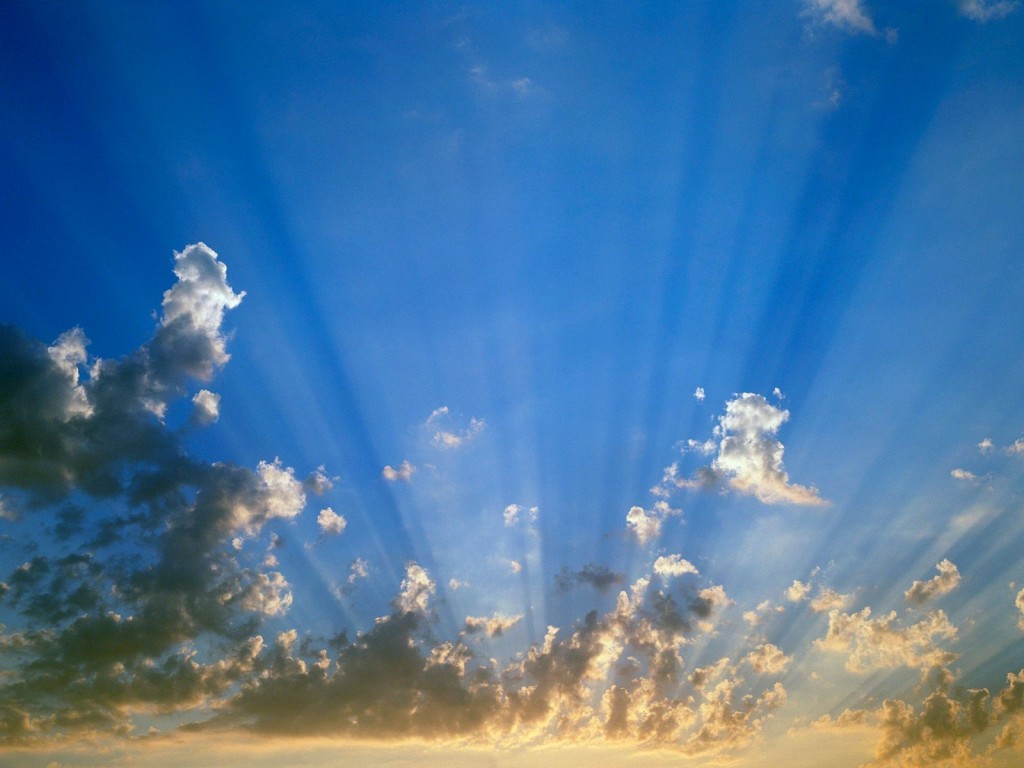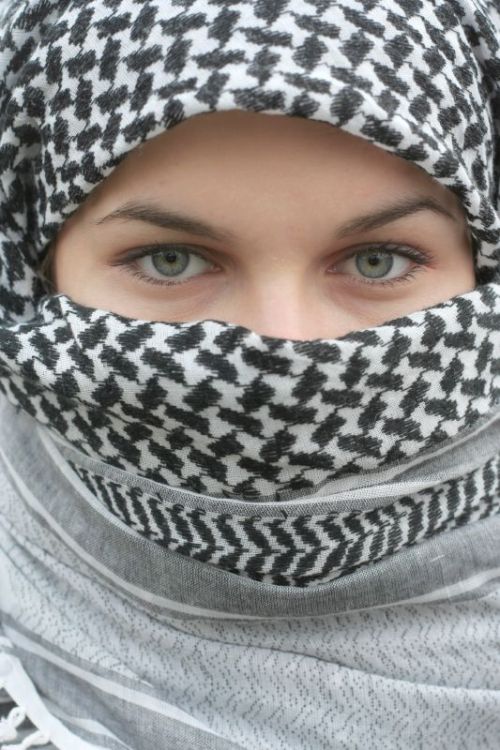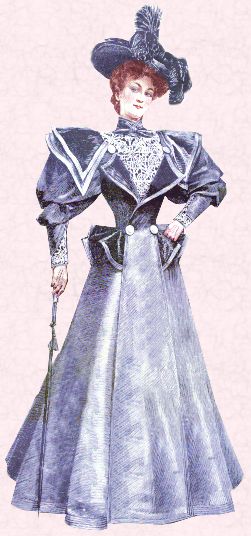
Istikhara in the Light of the Sunnah
PREFACE
All praises are due to Allah, the Creator, Nourisher and Sustainer of both the worlds. Through Allah's infinite mercy on mankind. He selected Rasulullah (Sallallaahu Alayhi Wasallam) as a mentor and filled his heart with love and affection towards His creation. May Allah's choicest blessings and salutations be showered on His beloved Rasul (Sallallaahu Alayhi Wasallam), who undertook great pains in fulfilling the task of conveying His message, and may Allah shower His blessings on the noble companions of Rasulullah (Sallallaahu Alayhi Wasallam) whose hearts inherited the pain and burn for the guidance of humanity that was instilled in the heart of their beloved Master, the Leader of both the worlds.
INTRODUCTION
Whosoever adopts the way of life brought by Rasulullah (Sallallaahu Alayhi Wasallam) to mankind, he will find that even his life in this world will become one of pleasure, tranquility, contentment, peace and freedom from all worries. Due to the fact that this way of life that Rasulullah (Sallallaahu Alayhi Wasallam) brought was meant for the whole of mankind, Allah made it very easy and simple to follow.
CONFUSION AND PERPLEXITY
Among the many difficulties that man undergoes is 'confusion’ and 'perplexity’. Almost everyday in his life, man is faced with the task of making a decision between two or more choices. Generally the decisions are not major but occasionally they do become quite serious. Even in these circumstances, our beloved mentor, Rasulullah (Sallallaahu Alayhi Wasallam) taught us what to do, and clearly outlined the solution. This solution is called Istikharah.
THE IMPORTANCE OF ISTIKHARAH
Allah says in the Holy Qur'an: "And it is very possible that you dislike something whereas it is good for you; and (similarly) it is very possible that you like something whereas it is bad for you". (Baqarah 16)
From the above ayah, we learn that man has limited knowledge and deficient intellect. Therefore, many a times, he may desire something, which may prove harmful to him, and on the other hand, he may dislike something, while it is good for him. The sole possessor of perfect knowledge, and the only knower of the unseen is Allah, the Creator of man and the Controller of the system of the entire universe. Therefore if man desires good, he can only find it in the hands of Allah. According to one Hadith: "It is from the good fortune of man that he makes Istikharah (seeks good) from Allah, and it is from his misfortune that he discards Istikharah."
'Allamah Aini (RA) writes: "Man should never overlook any matter due to its insignificance and discard Istikharah. How many matters are regarded as insignificant and Istikharah is not made for them, due to which great harm is suffered when carrying them out or abandoning them. It is for this reason that Rasulullah (Sallallaahu Alayhi Wasallam) is reported to have said: "(Every) one of you should ask his need from his sustainer to the extent that he should ask Him for salt, and for a shoelace when it breaks."
"Allamah Ibnul Qayyim (RA) has written: "The person who makes Istikharah (seek good) from his Creator and makes 'mashwarah' (consults) the creation never regrets, since Allah said to (His Nabi (Sallallaahu Alayhi Wasallam)): "Consult them in matters. Thus, when You make a decision, place your trust in Allah".
Shaikh Tahir bin Husain bin Abdullah bin Tahir wrote in a letter to his son after he had become an amir or governor: "Whenever any matter of importance comes upon you, seek assistance in it by making Istikharah to Allah and fearing him". He also advised him thus: "and perform Istikharah abundantly in all your matters". (Al-Istikharah by M.T. Hakeem)
A GREAT BENEFIT OF ISTIKHARAH
Hadrat Shah Waliyyullah (RA) writes: "From amongst the greatest benefits of Istikharah is that man becomes detached from his carnal desires, his animalistic characteristics become subject to his angelic nature and he hands himself over to Allah. When he does this, he reaches the stages of the angels whose quality is that they await the command of Allah. When Allah's command is received, they exert themselves through divine motivation and not carnal motivation. I believe that excessive Istikharah is a proven tonic for the inculcation of angelic qualities."
A MISCONCEPTION
But alas, today, Istikharah has become as equally difficult as making a decision. People hesitate so much to perform this great act of worship, that only at the last alternative, when no other way can be perceived, they would turn to some innovated act that has no basis in the Hadith, such as the taking of a good omen by opening the Qur'an and counting lines and letters, etc.; or asking someone else to perform Istikharah on their behalf.
Shaikh Nuruddin Itr says: As far as the common practice today which people aspire to uphold, that Istikharah will only be correct if it is carried out by certain persons, and that a dream is necessary, this is extremism and obstanance, and is not the command of Allah nor His Rasul (Sallallaahu Alayhi Wasallam). This all stems from such constraint among the Muslims that does not behoove of them. This led them to abandoning one great Sunnah of Rasulullah (Sallallaahu Alayhi Wasallam), thus they deprived themselves of the merits of this great Sunnah and it’s blessings, and from blemishing it's purity.
Similarly Hadrat Moulana Shah Hakim Muhammad Akhtar (RA) states in his book "Sunnats" on page 49, that "asking another person to make Istikharah on one's behalf is not substantiated from any Hadith. To make mashwarah' (consult) with someone else is Sunnah."
Sometimes Istikharah becomes a means of greater confusion. A person who does not generally see dreams, nor perceives an inclination towards or away from the object of his Istikharah, now finds himself in a greater predicament. As for the person who does see a dream, he is put through the inconvenience of finding someone to interpret it for him. And if he saw a clear dream, or received an interpretation indicating to one particular option, and thereafter was not able to overcome the obstacles obstructing his path to achieving his aim, this person is left in sheer perplexity.
THE REALITY OF ISTIKHARAH
Moulana Badr-e-"alam Mirthi (RA), the former Shaikhul Hadith of the famous Darul Ulum of Dabhel, India, writes in his footnotes of the popular commentary of Bukhari - Faidul Bari, by Allamah Anwar Shah Kashmiri (RA) regarding the reality of Istikharah. He states: "... in other words, it is sometimes misunderstood from the statements of 'Ulama that it is promised in the Hadith of Istikharah that the heart of a person who performs Istikharah will incline towards one option, whereas many a time the person who performs Istikharah does not perceive such an inclination. In that case, what, then, will be the meaning of the Hadith. This was an ambiguity for which I could find no explanation."
Moulana continues: "Until one day, whilst sitting in the presence of the great 'Mufassir', 'Muhaddith and Allamah of his era, Moulana Shabbir Ahmed Uthmani (RA). I noticed oceans of knowledge gushing forth from him to the "Ulama who were sitting in his noble company. This was his practice after every Jumu'ah. On that day, he was discussing this very mas'alah (matter) and elaborated on it in much detail. It was here that I quenched my thirst, and found a remedy for my malady, and a healing for my heart... He explained that the Hadith of Istikharah does not contain anything pertaining to the inclination or satisfaction of the heart. Had it been such, Rasulullah (Sallallaahu Alayhi Wasallam) would have taught us, in the du'a, to ask Allah to incline the heart towards the most appropriate decision, whereas the Hadith does not say that. The du'a only contains this much, that Allah He should protect him from harm, and He should determine a good fate for him, whatever it may be. And the words (of the du'a): "wa srif anniy" “and turn me away from it" refers to the situation when the heart desires and inclines towards it. (This means that when the heart is desirous to go ahead with the matter regarding which Istikharah is being made, then Allah should turn the heart away from it by removing this desire and inclination from the heart). And the words: “fas rif anniy" "And turn it away from me" is when that inclination is not found, (then Allah should save him from being forced into it.)
Therefore 'protection’ and 'predestination’, both are the doings of the Almighty, as He alone does as He wills. As far as the slave of Allah is concerned, his responsibility is to make du'a, and then proceed in the direction of his choice, as that will be best for him. This means that he will be granted the 'towfiq' (ability) for the best only, and only the best will be made easy for him. Thus Istikharah is an 'amal' (act) that helps to determine the best for a person.
"In essence, once the 'Mustakhir' (i.e. the person who performs the 'amal' of 'Istikharah’) submits himself before Allah, hands his matter over to Allah, asks Him for strength, becomes satisfied with His choice, and begs Him for protection from evil and harm, and to grant him good, Allah accepts it from him, destines good for him, protects him from harm and keeps him in His care. After that, whatever direction he takes, will be for his betterment, even though his heart may be disinclined to it."
Allamah Murtada Zabidi RA states in his famous commentary on "Ihya Ulum: "Shaikhul Akbar (i-e.' Allamah ibnul' Arabi) stated: "... And he should recite the narrated du’a after making salam. This should be done before every important task he wishes to carry out or fulfil. He should then proceed with his task. Hence, if there is good for him in it, Allah will ease the way for him until it is accomplished, and its result will be praiseworthy. However, if the means were not available, and he was unable to accomplish his goal, he should realize that Allah had preferred this for him, and thus should not complain about it, as the outcome, whether it was that he accomplished his pursuit or not, will soon turn out to be praiseworthy."
Hadrat Muhaddith Fadlullah Jilani (RA) says in his commentary on "Al Adabul Mufrad" of Imam Bukhari (RA): "Shaikh Zamlakani RA said: "When a person performs the two raka'at of Istikharah, he should then carry out whatever occurs to him, whether his heart is contented with it or not." He also said: "The Hadith (of Istikharah) does not contain any limitation regarding the complacency and contentment of the heart."
Shaikh Jilani also says regarding this complacency of the heart: "This happens by the grace of Allah, and is not necessary, nor does it always occur. Similarly, Salatul Istikharah is mustahabb, even if he has already made a firm decision before performing the Salah, as has already been mentioned that Istikharah is not a means of discovering the ‘ghaib'(unseen), but rather is a humble supplication unto the Knower of the unseen, the Most Powerful, to bestow the best."








